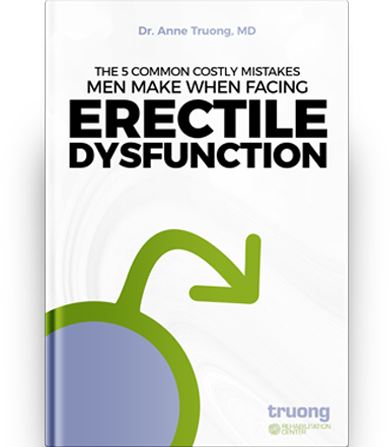Today, inflammation has been linked to many serious health conditions, such as heart disease, cancer, Alzheimer’s disease, diabetes, and rheumatoid arthritis. But what is inflammation? Why and when is it a problem?
Inflammation is the body’s natural process of fighting off things that may harm it, such as toxins, injuries, and infections, to heal itself. If something damages the cells in your body, it releases chemicals that start an immune response, sending proteins, antibodies, and increased blood flow to the affected area. Usually, this only lasts for several hours or days, but with chronic inflammation, this inflammatory response lingers, which keeps the body always on alert.
When Chronic Inflammation Becomes a Problem
Over time, chronic inflammation can create a negative impact on organs and tissues, and research even shows that it plays a role in many health conditions. While acute inflammation usually causes swelling, redness, and pain, some of the common signs of chronic inflammation include:
- Fever
- Rash
- Fatigue
- Chest pain
- Abdominal pain
- Joint pain
- And mouth sores
Chronic inflammation can cause untreated injuries and infections, autoimmune disorders, or long-term exposure to pollution or chemicals. Certain factors like alcohol, smoking, chronic stress, and obesity all contribute to chronic inflammation.
Chronic Inflammation and its Link to Disease
While the body’s inflammatory response is designed to help heal and protect the body, chronic inflammation keeps that inflammatory response going, and eventually, it may begin damaging healthy cells, organs, and tissues. Researchers have linked chronic inflammation to the development of multiple diseases, such as:
- Type 2 diabetes
- Heart disease
- Obesity
- Cancer
- Asthma
- Gum disease
- Inflammatory bowel disease
- Rheumatoid and psoriatic arthritis
- Neurodegenerative diseases like Alzheimer’s
Treating Chronic Inflammation
While medications are sometimes used to treat inflammation, it’s possible to take measures to reduce your risk of chronic inflammation. For example, the foods you put in your body may help reduce inflammation or increase inflammation. Foods with anti-inflammatory properties can help lower inflammation levels. These include foods like fatty fish, leafy greens, olive oil, fruits, nuts, and tomatoes. On the other hand, processed meats, fried foods, red meat, and refined carbohydrates may increase inflammation levels in some individuals.
Maintaining healthy body weight, avoiding alcohol, and quitting smoking can also lower your risk, as can reducing levels of stress. Certain supplements like curcumin, fish oil, and lipoic acid have all been linked to reduced levels of inflammation, as have spices like garlic, cayenne, and ginger.
Inflammation is an essential response in the body that’s essential for healing, but you can have too much of a good thing. Chronic inflammation raises your risk of many serious diseases significantly, so take measures to reduce inflammation levels can lower your risk of health problems and increase longevity.
Sources
https://www.health.harvard.edu/heart-disease-overview/ask-the-doctor-what-is-inflammation
https://www.healthline.com/health/chronic-inflammation#treatment
https://www.health.com/health/gallery/0,,20898778,00.html?slide=104625#104625
https://draxe.com/health/inflammation-at-the-root-of-most-diseases/
https://www.medicalnewstoday.com/articles/248423.php#causes










